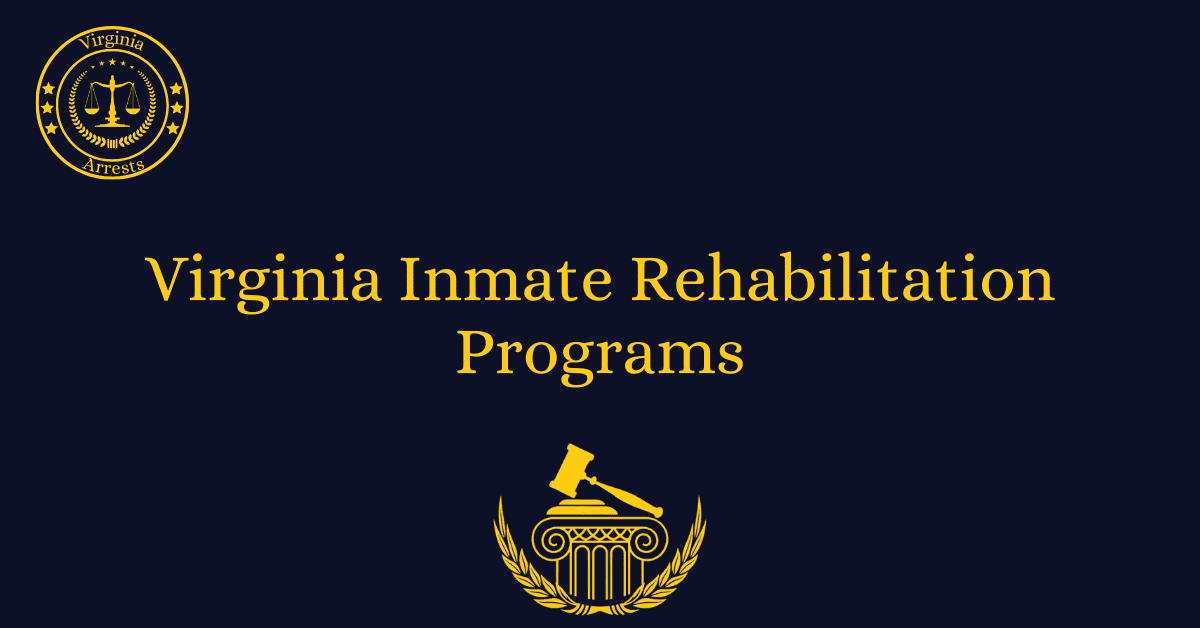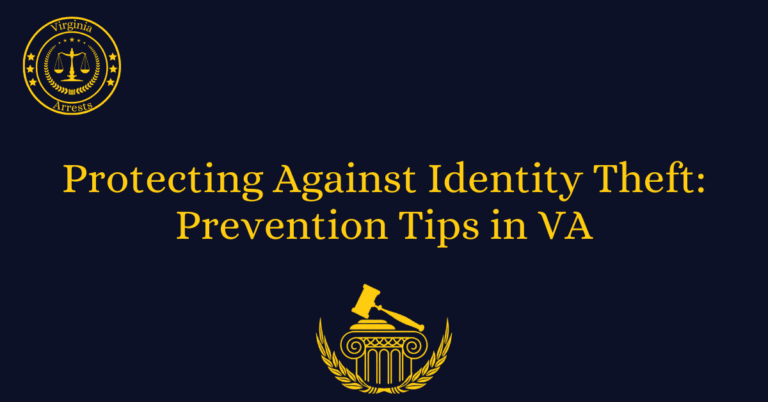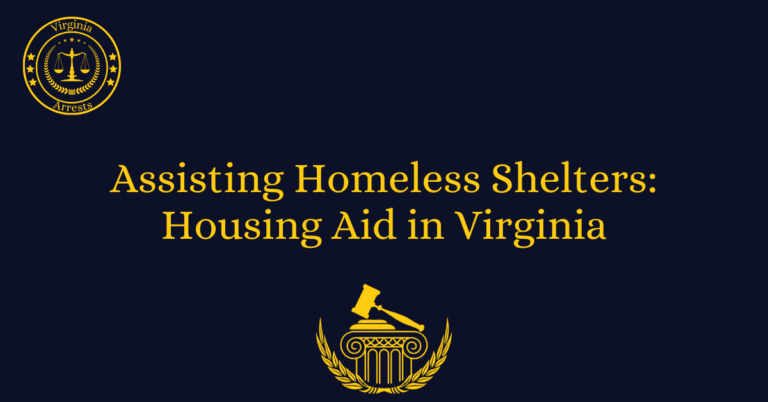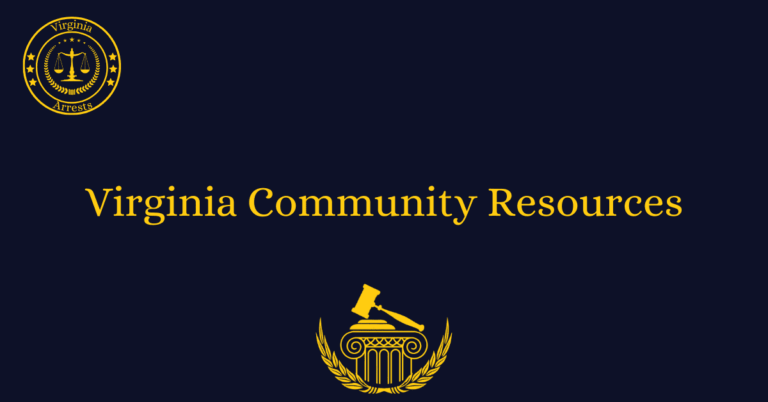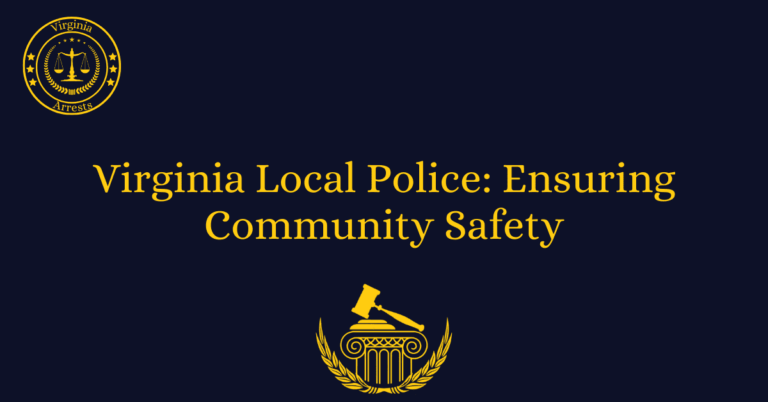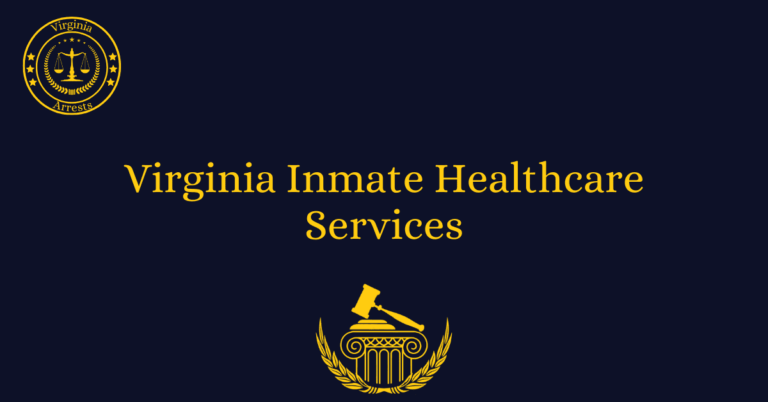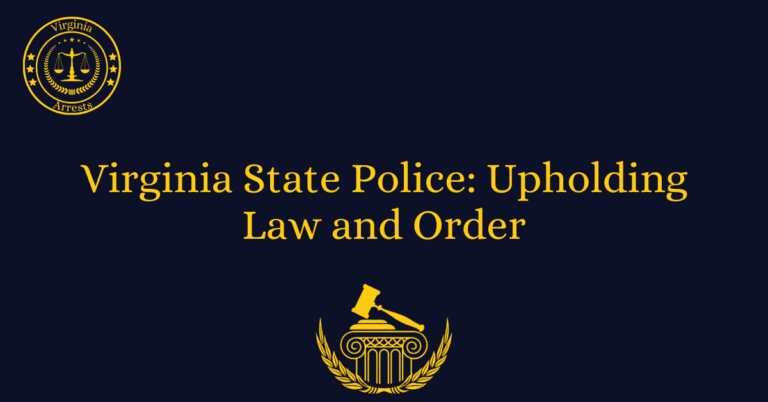Virginia Inmate Rehabilitation Programs
In recent years, the state of Virginia has made significant strides in reforming its approach to inmate rehabilitation. Recognizing the importance of preparing individuals for successful reintegration into society post-incarceration, the state has implemented various programs aimed at addressing the root causes of criminal behavior, providing education and vocational training, and promoting positive behavioral changes. These initiatives not only benefit the individuals involved but also contribute to safer communities and reduced rates of recidivism. This article delves into the details of Virginia’s inmate rehabilitation programs, highlighting their objectives, components, and impact.
Substance Abuse Treatment Programs
Substance abuse is often intertwined with criminal behavior, making it crucial to address addiction issues among inmates. Virginia offers comprehensive substance abuse treatment programs within correctional facilities, providing counseling, therapy, and support groups to help individuals overcome addiction. These programs focus on building coping skills, addressing underlying traumas, and fostering a supportive environment conducive to recovery. By addressing substance abuse issues, these programs aim to reduce the likelihood of relapse and criminal recidivism upon release.
Cognitive Behavioral Therapy (CBT)
Cognitive Behavioral Therapy is a cornerstone of Virginia’s inmate rehabilitation efforts. This evidence-based approach helps individuals identify and change negative thought patterns and behaviors that contribute to criminal conduct. Through CBT sessions, inmates learn valuable skills such as anger management, impulse control, and conflict resolution. By addressing maladaptive thinking patterns and teaching alternative coping strategies, CBT equips individuals with the tools they need to make positive choices and avoid reoffending in the future.
Education and Vocational Training
Education and vocational training programs play a vital role in preparing inmates for successful reentry into society. Virginia’s correctional facilities offer a range of educational opportunities, including adult basic education, GED preparation, and vocational courses in fields such as carpentry, welding, and culinary arts. By acquiring academic credentials and job skills, inmates enhance their employability and prospects for gainful employment upon release. These programs not only reduce the likelihood of recidivism but also contribute to the economic empowerment of formerly incarcerated individuals.
Reentry Planning and Support Services
Smooth reintegration into the community is essential for individuals transitioning from incarceration to freedom. Virginia’s inmate rehabilitation programs place a strong emphasis on reentry planning and support services to facilitate this process. Case managers work closely with inmates to develop personalized reentry plans, which may include securing housing, employment, healthcare, and social services. Additionally, peer support groups and mentoring programs provide ongoing guidance and encouragement to individuals as they navigate the challenges of reintegration. By addressing the practical and emotional needs of returning citizens, these programs promote stability and reduce the risk of recidivism.
Mental Health Services
Many incarcerated individuals struggle with mental health issues such as depression, anxiety, and post-traumatic stress disorder (PTSD). Virginia recognizes the importance of addressing these underlying issues to promote rehabilitation and reduce recidivism rates. In addition to providing access to psychiatric care and medication management, correctional facilities offer counseling and therapy services to address inmates’ mental health needs. By addressing mental health concerns in conjunction with substance abuse treatment and behavioral therapy, these programs aim to holistically support individuals in their journey toward rehabilitation and successful reintegration into society.
FAQs
What is the mission of Virginia Inmate Rehabilitation Programs?
At Virginia Inmate Rehabilitation Programs, we believe in the power of transformation and second chances. Our mission is to create a supportive and empowering environment for inmates to rebuild their lives and reintegrate into society.
What programs and services do you offer?
We offer a comprehensive range of rehabilitation programs and services. These include vocational training, educational programs, counseling, and job placement assistance. We are committed to providing inmates with opportunities to develop new talents, gain knowledge, and build a brighter future.
How do you address the root causes of criminal behavior?
Our rehabilitation programs are designed to address the root causes of criminal behavior. Through counseling and therapy, we help inmates understand and overcome the underlying issues that led to their involvement in criminal activities. We also provide support and guidance to help them develop healthy coping mechanisms and make positive life choices.
How do you ensure a successful reentry into society?
We believe that a successful reentry into society requires more than just rehabilitation. That’s why we offer job placement assistance and support services to help inmates navigate the challenges of finding employment and reintegrating into their communities. We also provide ongoing support and resources to ensure a smooth transition and reduce the risk of recidivism.
How do you measure the effectiveness of your programs?
We have a comprehensive evaluation process in place to measure the effectiveness of our programs. We track various indicators, such as employment rates, educational attainment, and recidivism rates, to assess the impact of our rehabilitation efforts. This data helps us continuously improve and tailor our programs to meet the specific needs of our inmates.
Conclusion
Virginia’s inmate rehabilitation programs represent a proactive approach to addressing the complex challenges associated with incarceration and reentry. By focusing on substance abuse treatment, cognitive behavioral therapy, education, vocational training, reentry planning, and mental health services, the state aims to empower individuals to break the cycle of crime and build productive, fulfilling lives post-release. As these programs continue to evolve and expand, they hold the potential to transform lives, strengthen communities, and promote a more just and equitable criminal justice system.

